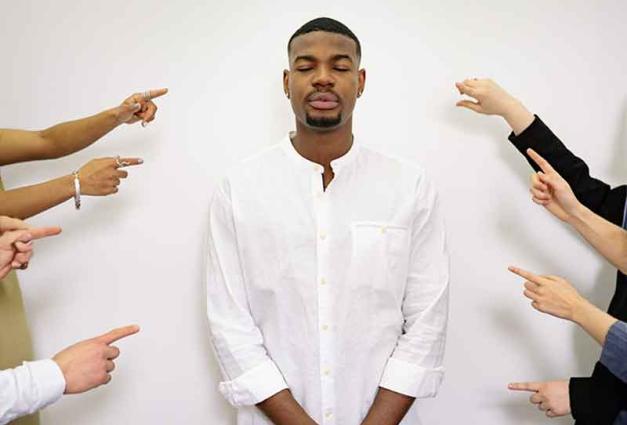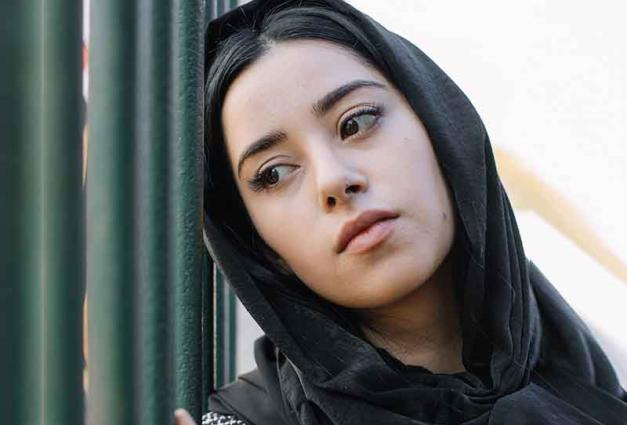The COVID-19 pandemic changed most people’s day-to-day life. It seems like all our behaviors underwent a change, but what about the core aspects of who we are as individuals? Did our values change, too? Values are life goals, defining what we want to achieve, such as being kind to others, having independence, success, or the safety of one’s nation or loved ones. People usually know their values and stick with them over time. But what happened in the current crisis?
We repeatedly contacted over 1,000 Australians ranging from 18 to 75 years old. We asked them how important different values are in their life. Three of these times were before the pandemic, in 2017, 2018, and 2019. We contacted them again as the pandemic started, and then 8-9 months later. At these last two time points, we also asked how worried they were about getting the virus.
Values: The Goals That Guide Life Choices
Values direct thinking and behavior, even when a person does not directly think about them. We decide what to do, based on the priorities we place on different values. Past research found that people make daily decisions (e.g., where should I vacation?), as well as important life-changing decisions (e.g., should I immigrate? What to vote?), partly as a result of personal values.
We relied on the work of psychologist Shalom Schwartz, who grouped values into four categories:
- Conservation values promote the preservation of the past, order, and resistance to change.
- Openness to change values promotes an independent, creative, and explorative mind, and seeking change.
- Self-transcendence values emphasize care for the welfare of others and nature.
- Self-enhancement values emphasize the pursuit of one’s self-interest through ambition, success, and dominance.
People’s values were stable before the pandemic. Once the pandemic hit, values did change for all except self-enhancement, and here’s how.
Self-Transcendence Values
The values of caring for people and for nature remained stable at first. Later, by late 2020, they became significantly less important. This decrease occurred especially among people worried about their health. Maybe people focused on their own survival, and had no capacity left to worry about the environment, society, and even close others. Maybe also, social distancing created physical distance from others, which resulted in emotional distance—as said—“far from sight, far from heart.”
Conservation Values
The values of keeping safe and stable became more important at the beginning of the pandemic. Our respondents, and especially those who worried about their health, immediately started prioritizing safety and security, and traditions around one's family, culture, and religion. This new-found focus on conservatism may have helped to enhance compliance with instructions by the authority.
As the pandemic progressed, conservation values did not return to previous levels. This may be surprising, given that Australia had only a minor spread of the pandemic. This means the value changes may have long-term effects, even after the pandemic has passed. Possibly, social distancing itself maintained these value changes.
Openness to Change Values
Values like seeking adventure and enjoyment became less important early in the pandemic, most likely reflecting the necessary adjustments to a situation in which much variety and enjoyment were out of reach. But, a few months later, while people continued to downplay values that promote pleasure and enjoyment, values that prioritize independence and intellectual pursuits increased in importance. Existing routines that were now out of reach seem to have been replaced with more intellectual stimulation and activities. Maybe people started to apply critical thinking to more aspects of life.
COVID and Life Goals
Our study shows that during the COVID pandemic there were changes to much more than people’s daily routines. Basic goals and aspirations in life changed. These changes were quick, but lingered over time. These results may have substantial effects on the future of individuals and society. As we struggle to fight climate change, hunger, and poverty, the focus of individuals on personal, rather than social goals, may prove harmful over time. We are curious to know about values changes in countries that were hit harder by the pandemic than Australia, and especially what happens over even longer periods of time.
For Further Reading
Daniel, E., Bardi, A., Fischer, R., Benish-Weisman, M., & Lee, J. A. (2021). Changes in personal values in pandemic times. Social Psychological and Personality Science. doi: https://doi.org/10.1177/19485506211024026
Lee, J. A., Bardi, A., Daniel, E., Benish-Weisman, M., & Fischer, R. (2021). Our research shows COVID has made Australians more conservative and care less about others. The Conversation. https://theconversation.com/our-research-shows-covid-has-made-australians-more-conservative-and-care-less-about-others-161500
Ella Daniel is a senior lecturer (associate professor) at the Department of School Counseling and Special Education, Tel Aviv University. Her research focuses on value development across the life span, and specifically among children and adolescents, and development of prosocial behavior.
Anat Bardi is a professor of social/personality psychology at Royal Holloway University of London. She studies human values and particularly value change, the nature of values, and effects of values on behavior.
Ronald Fischer is a professor of psychology at Victoria University of Wellington, New Zealand, and a fellow of the Royal Society, New Zealand. His work focuses on cultural and evolutionary dynamics, with a special interest in cultural differences in values, behavior, prosociality, and well-being as well as larger cultural dynamics within and across human societies.
Maya Benish-Weisman is an associate professor at the Paul Baerwald School of Social Work and Social Welfare at the Hebrew University of Jerusalem. Her academic research focuses on how values affect prosocial behavior and aggression, and the psychological impact of immigration and ethnic identity, and she is interested in ways to enhance adaptive development among adolescents.
Julie A. Lee is a professor and director of the Centre for Human and Cultural Values at the University of Western Australia. Her research focuses on values theory, measurement, and application in consumer behavior and tourism contexts.




